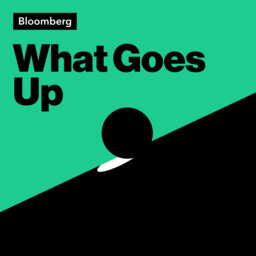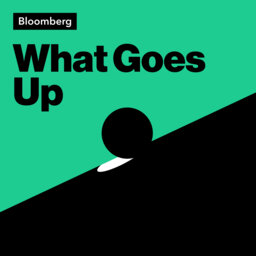Digesting the Taper
Treasury yields started to spike soon after the Federal Reserve signaled it’s edging closer to winding down its pandemic-era bond buying. But can stocks do well in that type of environment? Brian Nick, chief investment strategist at Nuveen, talks about that and what the surge in yields is signaling about the well-being of the economy. Plus, he shares his current strategy and discusses areas of the market he finds attractive.
 What Goes Up
What Goes Up


